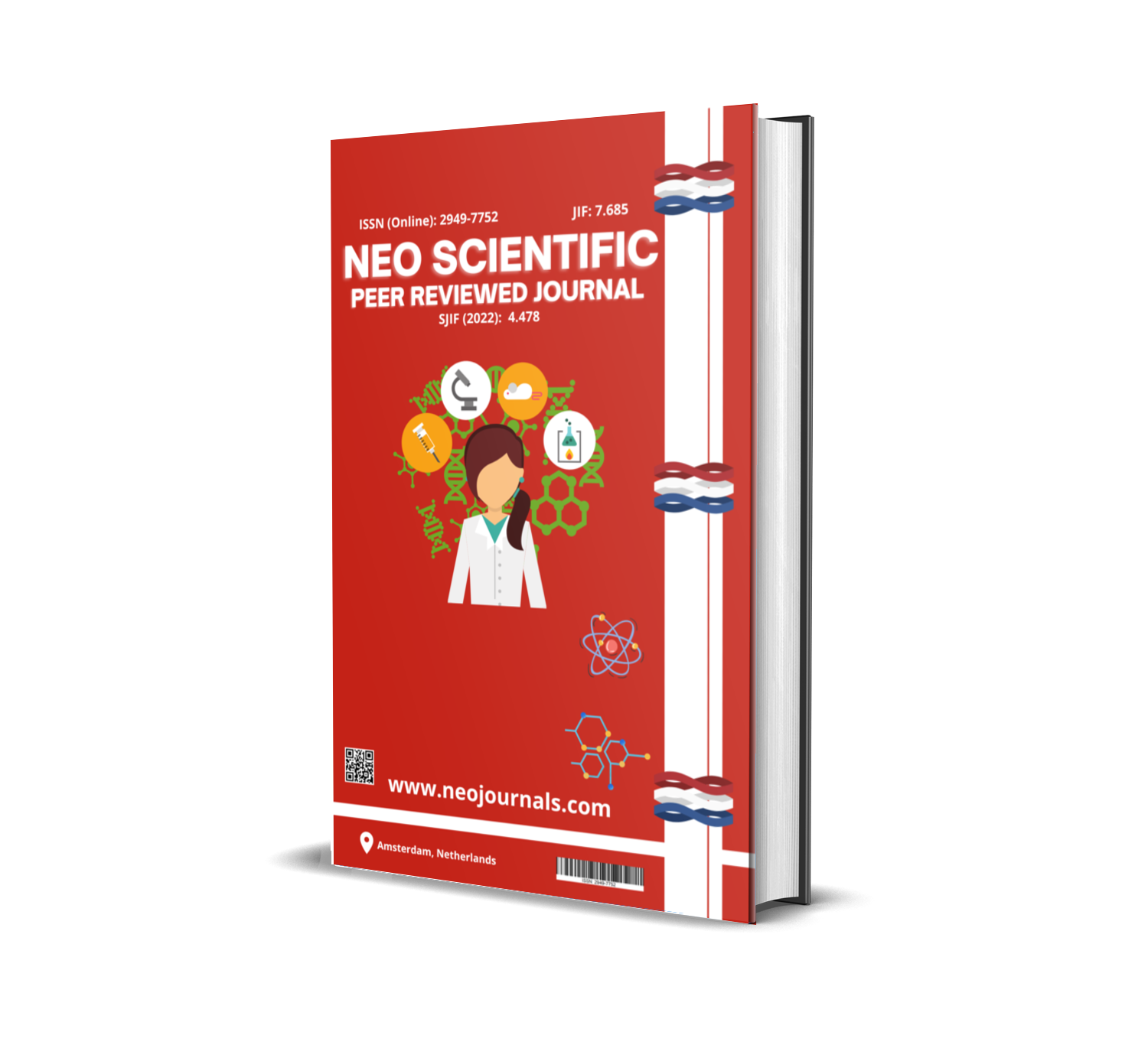STATIN DURATION AND CARDIOVASCULAR RISK REDUCTION
Keywords:
Statins, hyperlipidemia, cardiovascular diseases, cardiovascular risk.Abstract
Hyperlipidemia is one of the leading risk factors for the development of cardiovascular diseases (CVD). According to European and Russian guidelines, first-line drugs for the treatment of hyperlipidemia that have demonstrated their effectiveness in reducing cardiovascular morbidity and mortality are statins. Prescribing adequate lipid-lowering therapy helps slow the progression of atherosclerosis and, as a consequence, prevent the development of CVD, patient disability, as well as reduce the frequency of re-hospitalizations for the purpose of myocardial revascularization, however, the success of statin use largely depends on the patient’s adherence to treatment. One of the most effective, studied, prescribed and sold drugs of this class is atorvastatin. This paper provides an overview of clinical studies of the effectiveness of atorvastatin. Numerous large-scale clinical trials (GREACE, TNT, MIRACL, AVERT, etc.) have shown the effectiveness of the original atorvastatin in the primary and secondary prevention of CVD. Aspects of the use of atorvastatin in comorbid patients with diabetes mellitus, arterial hypertension, chronic kidney disease, and acute cerebrovascular accident are considered. The authors also provide data from current safety studies of atorvastatin, in which the original atorvastatin convincingly demonstrates safety and good tolerability in doses ranging from 10 to 80 mg.
Downloads
Published
Issue
Section
License

This work is licensed under a Creative Commons Attribution-NonCommercial 4.0 International License.







